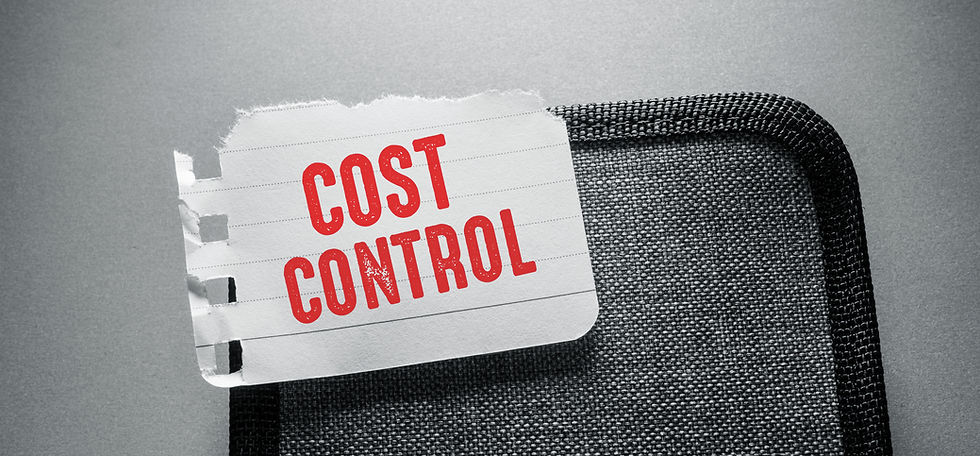The Hidden Processes Behind World-Class Quality Assurance in Philippine Outsourcing Firms
- davidsonquinly
- Oct 20, 2025
- 3 min read

The success of outsourcing in the Philippines goes far beyond cost savings. Behind every efficient offshore operation lies a foundation of discipline, structure, and a relentless focus on quality. Over the years, the Philippines has evolved into a global leader in delivering consistent, high-standard business services that rival those of onshore teams.
At the heart of this excellence are robust Quality Assurance (QA) systems — frameworks designed to maintain accuracy, compliance, and service excellence across every project. From detailed standard operating procedures (SOPs) to data-driven performance audits, Filipino outsourcing firms have refined their processes to ensure reliability, transparency, and continuous improvement.
This article explores the systems, training programs, and operational frameworks that make the Philippines one of the most trusted destinations for high-performance outsourcing worldwide.
A Culture of Quality at the Core of Philippine Outsourcing
The Philippines’ strength in outsourcing stems from its people-first culture and
commitment to quality. Filipino professionals are renowned for their diligence, adaptability, and clear communication skills — qualities that make them a perfect fit for global business environments.
Most outsourcing providers in the country follow international standards such as ISO 9001:2015, COPC, and ITIL. These certifications ensure that processes are structured, consistent, and measurable, laying a foundation for long-term operational excellence.
Furthermore, government-backed institutions like TESDA and the IT & Business Process Association of the Philippines (IBPAP) ensure a constant supply of skilled workers trained in both technical and soft skills. This ecosystem nurtures a workforce that not only meets but exceeds international quality benchmarks.

Building Consistency Through Structured QA Frameworks
To achieve consistency, Philippine outsourcing firms rely on detailed frameworks that standardise how work is done and evaluated. These frameworks are critical for delivering predictable results across multiple clients and industries.
A comprehensive QA framework typically includes:
Defined SOPs: Step-by-step documentation of every task, ensuring repeatable success.
Clear Metrics: KPIs for turnaround times, accuracy, and customer satisfaction.
Regular Calibration: Frequent review sessions to align quality scoring and standards across teams.
This structured approach forms the backbone of quality assurance in offshoring, allowing teams to identify issues early, maintain uniformity, and exceed performance goals. In essence, QA isn’t a final checkpoint — it’s built into every layer of the process.
Training and Skill Development: The Human Side of Quality
Continuous training is what transforms ordinary teams into world-class service providers. Philippine outsourcing firms prioritise skill development through targeted onboarding, job-specific coaching, and leadership training.
Employees undergo multi-phase programs that include client-specific instruction, communication workshops, and certification-based training modules. Regular refresher sessions ensure staff stay up-to-date with changing technologies and compliance standards.
The result? A workforce that blends technical mastery with professionalism — capable of delivering accuracy, empathy, and reliability on every client interaction. This people-first strategy makes Filipino professionals indispensable partners in global service delivery.

Data-Driven Audits and Performance Insights
Modern QA is not just about manual evaluation; it’s powered by data. Many offshoring companies in the Philippines now use AI-based analytics tools and dashboards to monitor quality performance in real time.
Through these platforms, teams can:
Track error rates, productivity, and customer satisfaction instantly.
Detect process bottlenecks before they impact performance.
Provide data-backed coaching for employee improvement.
This real-time visibility enhances accountability and transparency, creating a culture of measurable excellence. It also allows clients to stay informed about key metrics and participate in collaborative performance reviews — further strengthening trust between offshore and onshore teams.
Compliance and SOP Management: Ensuring Transparency and Trust
Adherence to SOPs and compliance regulations is what keeps Philippine outsourcing operations reliable and legally sound. Every process is documented, monitored, and regularly updated to reflect current labour laws and client-specific requirements.
Compliance responsibilities often include data security, employee welfare, and process documentation aligned with the Philippine Labour Code and the Data Privacy Act of 2012. This ensures all operations meet international standards, giving clients full confidence that their offshore teams operate ethically and securely.
By prioritising transparency and legal compliance, Philippine outsourcing providers build long-term relationships based on trust — the ultimate hallmark of operational excellence.

Conclusion: Embedding Quality Into Every Strategy
True operational success isn’t just about efficiency — it’s about sustainability. The most successful companies know that effective strategies for quality assurance are what separate world-class outsourcing providers from the rest.
Through rigorous training, real-time auditing, and strict adherence to process discipline, the Philippines has built a reputation for delivering consistent, world-leading results. Quality assurance is no longer a back-office function; it’s the driving force behind innovation, client satisfaction, and lasting partnerships.
For businesses seeking dependable, high-quality outcomes, the Philippines offers more than just a workforce — it offers a mature system of excellence built on process, people, and purpose.






Comments